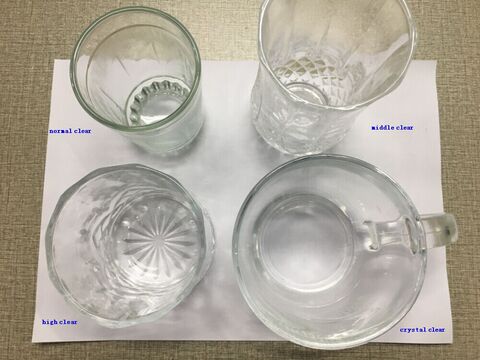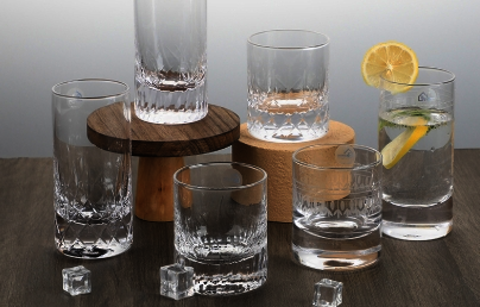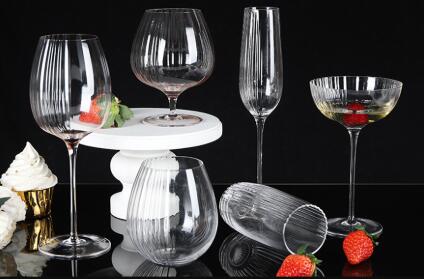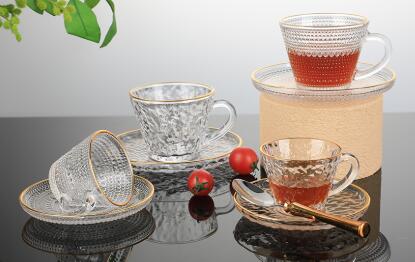How to tell the quality of glassware?
Pulished on Jul. 10, 20191.Range of Glassware
The definition of glassware is too wide to range, which covers all glass made vessels in the field of industry and daily life. We don’t necessarily need to talk about how to define the quality of industry glassware as there are already strict requirements and standards, such as chemical experiment glass vessels, some of which may look totally same as the ones we use for drinking, but the standard of glass material can’t never be related to each other.
2. Quality of Daily Glassware
So let’s direct to the point, we talk about how to identify quality of daily glassware, like glass cup, glass plate, glass bowl that we use everyday. Inwardly, to the people whose job relates to glassware business, we rank the quality by 2 aspects, which include material by the transparency of glass product and manufacturing craft by the polishing of glass surface.
3. Levels of Transparency
Thus we define them in 4 different levels according to transparency, ranking from normal clear, middle clear, high clear and crystal clear. If you’re not engaged in any job related to this business, you can never tell because the colour may seem the same to a laymen. Actually the differences will simply show if we put 4 samples in 4 transparency levels together on a piece of empty white A4 paper. Like the example presenting below, normal clear even looks green, middle clear tends to be a little bit yellow, high clear turns to be good, and crystal clear version looks shiny bright. The higher its transparency reaches, the better its quality achieves! But anyway, it only refers to life taste and regional consuming ability, as a glass cup is always designed for us to drink with.

4. China's Leading Polishing Process
As for polishing craft, all China glassware factories have already sorted it out. But if you import from India and some other countries, this problem may still remain unsolved, which causes granular on the glass surface. But upon this issue, you must consider it carefully when you plan to import glassware, as no consumers are willing to pay for any glassware with manufacturing remains on the surface.









